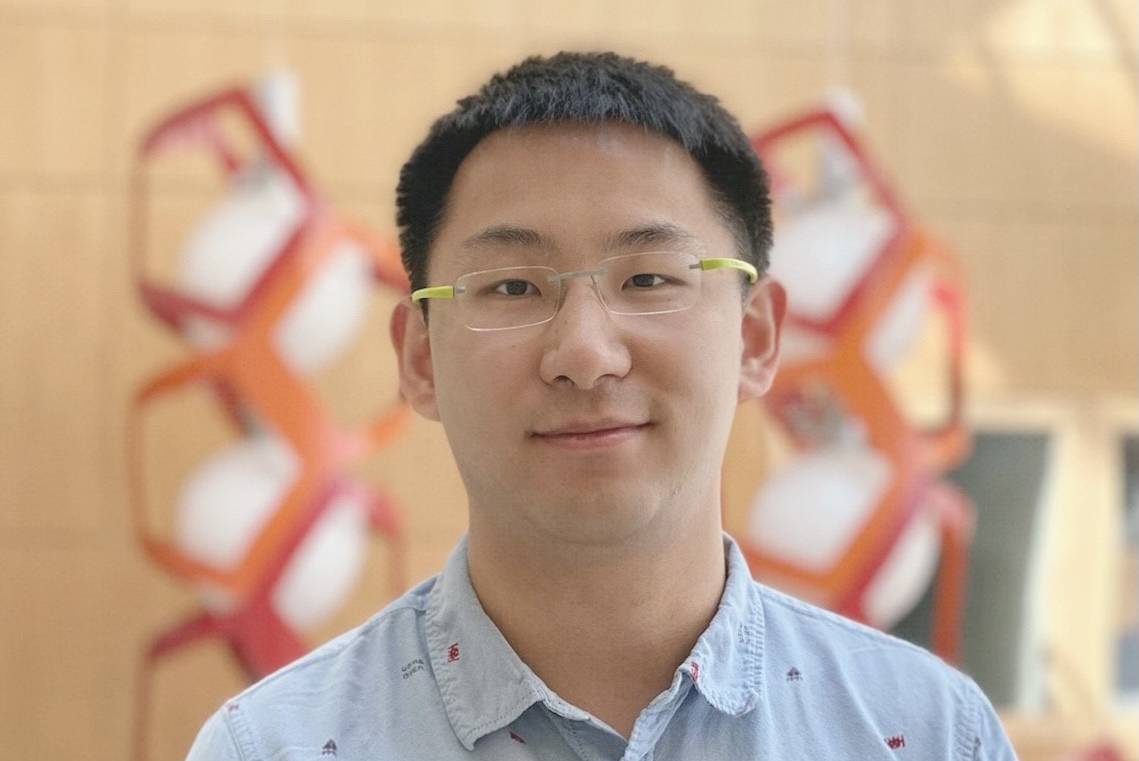THE LATEST
AI revolutionizes drug discovery, but building trust is crucial

The emergence of artificial intelligence (AI) in drug discovery is one of the most promising developments in biomedicine today. While AI is already transforming diverse industries from healthcare to finance, its potential in developing new drugs offers hope for treating a range of diseases, including cancer and infectious diseases. However, researchers warn that before we can fully harness the power of AI in drug discovery, we need to establish trust in its ability to deliver reliable results.
At the forefront of this research is AlphaFold, a program developed by Google's DeepMind that uses deep learning algorithms to predict 3D structures of proteins. The program significantly optimizes the molecular characteristics and functions of proteins, paving the way for targeted drug development. Until recently, one of the biggest challenges in drug discovery was deciphering the complex 3D structures of proteins - a process that could take years of lab work. However, AlphaFold's AI-powered approach can achieve this feat in less than an hour, massively accelerating research timelines.
In a recent article published in Science, a team of researchers found that AlphaFold's predicted protein structures could replace traditional experimental methods of determining protein structures. The study’s results offer hope that AI could revolutionize the drug discovery process. However, the researchers emphasize the need for caution, particularly regarding the reliability and transparency of AI technology.
The first author of the study, Jiankun Lyu, remarked that "until now, studies suggested that AlphaFold2 is worse than experimental structures for structure-based drug screen tasks…We found in the two drug targets we tested that the algorithm's model is as reliable as experimental structures when used as inputs in our program to discover ligands, which are the binding molecules you need to identify for drug discovery."
Despite the promising findings, there are concerns about the limited availability of AlphaFold's latest model, which is a black box that can only be accessed through a server. Researchers calling for increased transparency worry about the implications of proprietary software for the field of drug discovery more generally.
In a statement to Science, Lyu expressed concern that "if they don’t open the model up to academic screening use, our present study will be the last of its kind. We would not have been able to run the current study on AlphaFold3. And without that, we can't know whether the new model is better for templating drug discovery."
However, many experts agree that the benefits of AI in drug discovery far outweigh the risks. Lyu remains optimistic about the potential of AI in this field, stating that "there’s a huge market for accurately predicting protein complexes in both basic research and industry...getting an accurate model is a crucial early step that also guides further drug optimization."
To fully leverage the potential of AI in drug discovery, there needs to be increased trust in the reliability of these algorithms to optimize and forecast the structure and characteristics of drug targets. More collaboration between AI researchers and drug discovery experts is essential to ensure that transparency issues are resolved in the field. AI's potential to accelerate drug discovery timelines and lead to new treatments for diseases is too great to ignore. As Lyu noted, we need to ensure that "AI is treated carefully now...[so that it] can help us discover new drugs and ultimately save lives."
